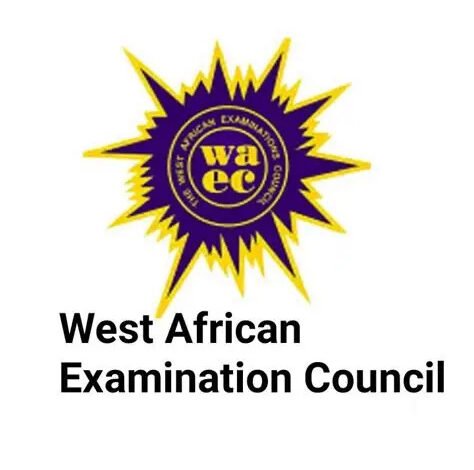WASSCE 2025: WAEC Reports Decline in Student Performance

The West African Examinations Council (WAEC) has reported a significant decline in student performance in the 2025 West African Senior School Certificate Examination (WASSCE), raising new questions about the quality of preparation and learning outcomes across the region.
Out of 1,969,313 candidates from 23,554 schools, only 754,545 (38.32%) obtained the minimum benchmark of five credits, including English Language and Mathematics, a sharp fall from the 72.12% success rate recorded in 2024.
At a press briefing in Lagos, Dr. Amos Dangut, WAEC’s Head of National Office, attributed the drop to new anti-malpractice measures, particularly the serialisation of objective test papers in key subjects such as English, Mathematics, Biology, and Economics. This method, he said, significantly reduced cheating and exposed the gaps in independent study habits.
“Candidates found it harder to collude. What we saw was a dip in the performance of objective papers, while essay scores remained steady,” Dangut noted. “It sends a strong signal: students must rely on genuine preparation.”
The 2025 WASSCE, conducted between April 24 and June 20, was also notable for WAEC’s pilot implementation of computer-based testing (CBT) alongside traditional paper exams, part of the Council’s plan to transition fully to digital assessment by 2026. A real-time digital scoring system was also deployed to enhance efficiency in result processing.
Of the total candidates, 1,517,517 (77.06%) received their results, while 451,796 (22.94%) are pending due to technical issues. WAEC assured that all outstanding results would be processed in the coming days.
Meanwhile, 192,089 results (9.75%) are being withheld for exam malpractice, ranging from the use of phones to collusion, though this reflects an improvement from 11.92% in 2024. WAEC reiterated that indebted state governments would not access the results of their sponsored candidates until their debts are settled.
Importantly, the Council confirmed that 12,178 candidates with special needs participated this year, including those with visual, hearing, physical, and mental disabilities, and were fully supported throughout the process. This inclusive effort reinforces the principle that every child has the right to education, regardless of ability or circumstance.
On gender balance, WAEC recorded 976,787 male (49.60%) and 992,526 female (50.40%) candidates. Among those who passed with five credits including English and Mathematics, females led with 53.99% (407,353), while males accounted for 46.01% (347,192).
This year’s exam outcomes not only reflect WAEC’s tightening of exam integrity but also bring renewed focus to the urgent need for investment in quality education, ensuring that every child, in every state, enjoys the full benefit of their right to education.




